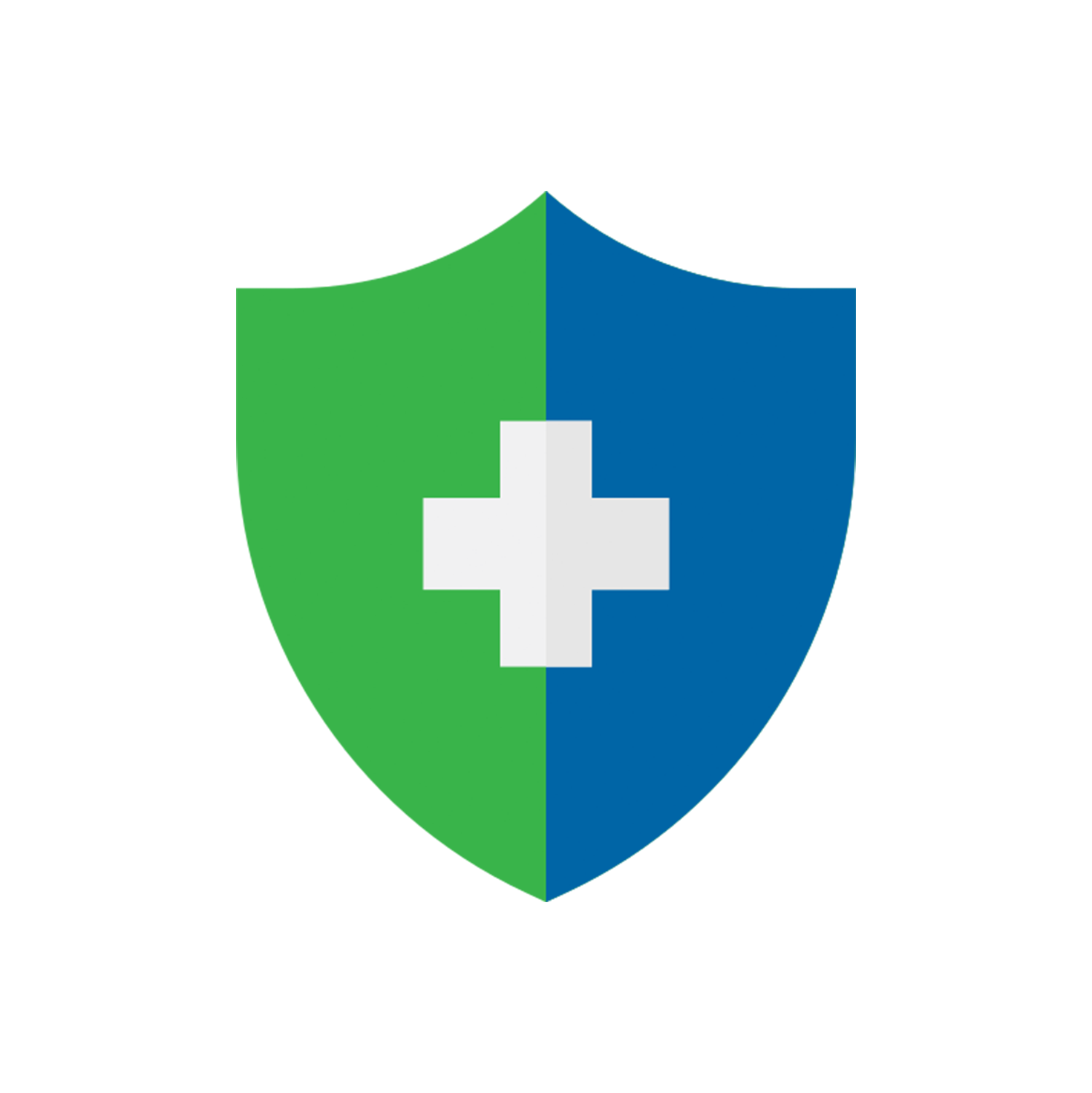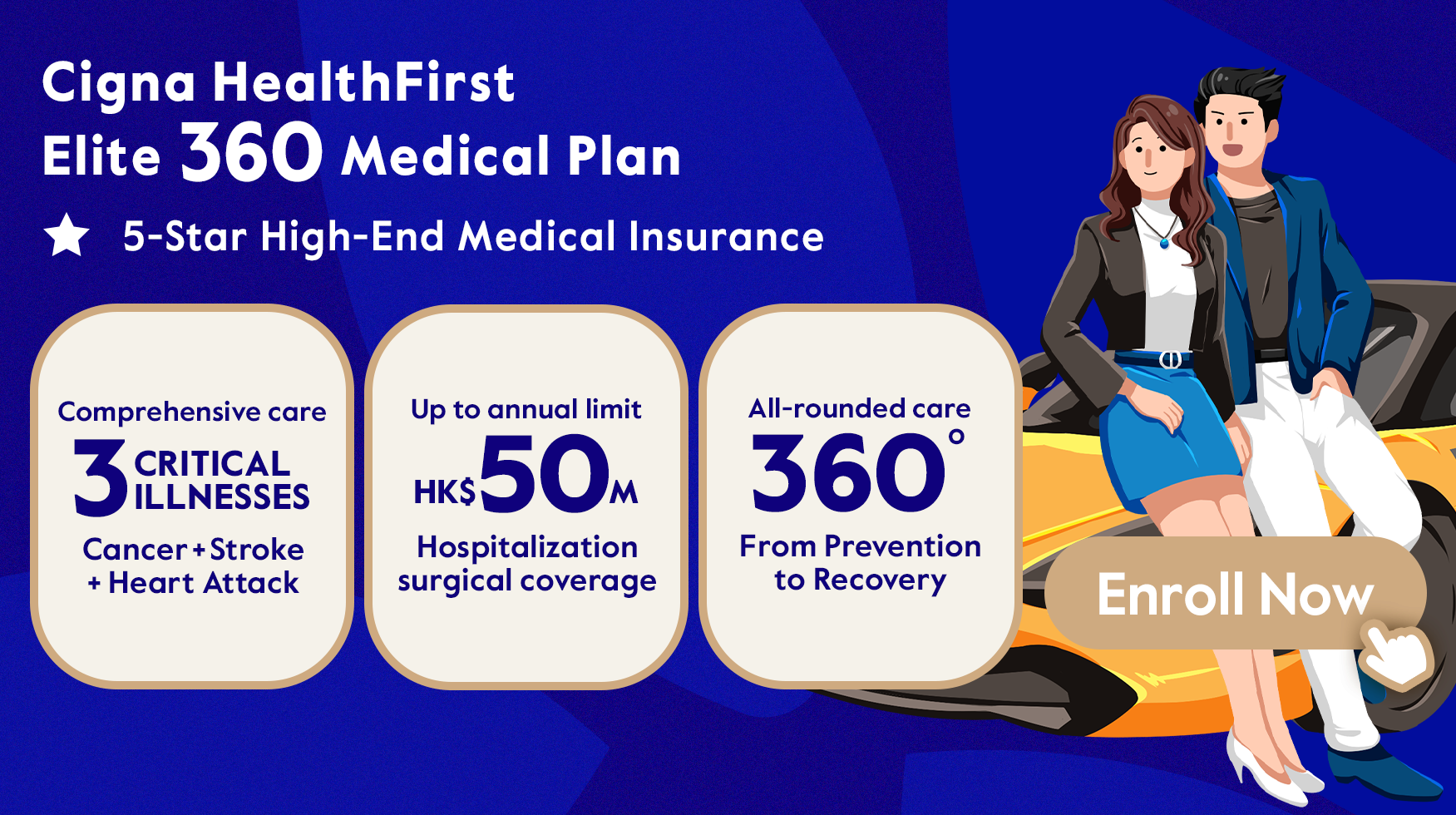Although kidney cancer does not rank among the ten most prevalent cancers in Hong Kong, its incidence has demonstrated a steady increase over the past decade. In the year 2021, a total of 921 new cases were diagnosed involving the kidneys and other urinary organs (excluding the bladder), resulting in 243 related fatalities. The often subtle nature of its symptoms frequently leads to a delayed diagnosis of kidney cancer, thereby complicating subsequent treatment.
What is Kidney Cancer?
Located on the sides of the spine behind the intestines, the kidneys are a pair of organs functioning as filters to remove excess fluid, electrolytes and waste from the blood, and retain only the essential elements.
Renal cell carcinoma is the most prevalent type of kidney cancer in adults. It originates in the lining of tubules in the kidneys and undergoes uncontrolled proliferation, forming a mass within the organ. According to the American Cancer Society, while early-stage kidney cancer has a favorable prognosis with a 5-year survival rate of up to 93%, the subtle nature of its symptoms often hinders early diagnosis. Consequently, the disease may progress to advanced stages, metastasizing to other organs and necessitating more complex treatment modalities, which can result in a significantly reduced survival rate of as low as 13%.
Symptoms of Kidney Cancer Include:
- Abdomen or flank pain
- Mass(es) on the side or lower back
- Blood or protein in the urine
- Weight loss
- Persistent loss of appetite and fatigue
Treatment for Kidney Cancer
The treatment options for kidney cancer vary based on the stage and extent of the cancer. Common treatment modalities include:
- Surgery: Surgical removal of the tumour (partial or radical nephrectomy) is a common treatment.
- Percutaneous ablation: For those who are not fit for operation and with usually small tumours.
- Radiation therapy: Radiation therapy can be employed to destroy cancer cells.
- Targeted therapy: Treatment that directly target on specific parts of cancer cells can be used to treat advanced or metastatic kidney cancer.
- Immunotherapy: Drugs that help the body's immune system to fight cancer cells are used in some cases.
Urology Specialist Dr. Ngo Chang Chung added, “Historically, radical nephrectomy was the primary surgical treatment for kidney cancer. However, medical research has shown that early-stage kidney cancer with tumors smaller than 4 centimeters can be treated effectively with partial nephrectomy, achieving similar outcomes to radical nephrectomy. Recent advancements in surgical technology have expanded the scope of partial nephrectomy to tumors up to 7 centimeters. This allows more patients to retain healthy kidney tissue, reducing the risk of future kidney failure.”
How to Prevent Kidney Cancer
Since the signs of kidney cancer can be difficult to detect, prevention is therefore the key. While the exact causes of kidney cancer are not fully understood, certain factors, such as smoking, obesity, hypertension, and family history, have been linked to an increased risk.
- Regular check-ups: Given that early symptoms are often subtle and most new cases are diagnosed in individuals aged 45 and above, regular check-ups play a crucial role in detecting the disease at an early stage, allowing for timely treatment.
- Manage hypertension and diabetes: Hypertension and diabetes are potential factors of kidney cancer. Effectively managing these conditions can reduce the risk of developing kidney cancer.
- Avoid smoking and limit alcohol consumption: Kidney cancer, as well as other types of cancer, can be attributed to smoking and drinking. For optimal health, it is advisable to avoid or limit these habits.
Given the substantial health threats posed by kidney cancer, diligent attention to risk factors and the implementation of preventive measures can significantly reduce the likelihood of developing this malignancy. Regular health check-ups and prompt medical consultation are crucial for early detection. Early diagnosis and treatment can greatly improve outcomes.
Cigna HealthFirst Elite 360 Medical Plan offers comprehensive and personalized medical coverage across the stage of prevention, diagnosis, treatment and recovery, with a range of hospital and surgical benefits, optional insurance benefits with an annual limit of up to HK$50 million, personalized health assessment, three critical illnesses(cancer, stroke and heart attack) all-rounded care and international medical concierge service. A 360-degree total health protection that spans across all the key stages of your health journey. Learn more here.
Source
© Cigna Healthcare 2023
Information provided in this article is intended for health and fitness purposes only and is not intended for use in the diagnosis of disease or other conditions, or in the cure, mitigation, treatment or prevention of disease (see Terms & Conditions for details). Any health-related information found in this article is available only for your interest and should not be treated as medical advice. Users should seek any medical advice from a physician, especially before self-diagnosing any ailment or embarking on any new lifestyle or exercise regime. Any information contained in this article may not be suitable, accurate, complete or reliable. Cigna Healthcare accepts no responsibility for the content or accuracy of information contained on external websites or resources, or for the security and safety of using them. "Cigna Healthcare" and the "Tree of Life" logo are registered trademarks of Cigna Intellectual Property, Inc. in the United States and elsewhere, licensed for use. All products and services are provided by or through operating subsidiaries, and not by The Cigna Group.




